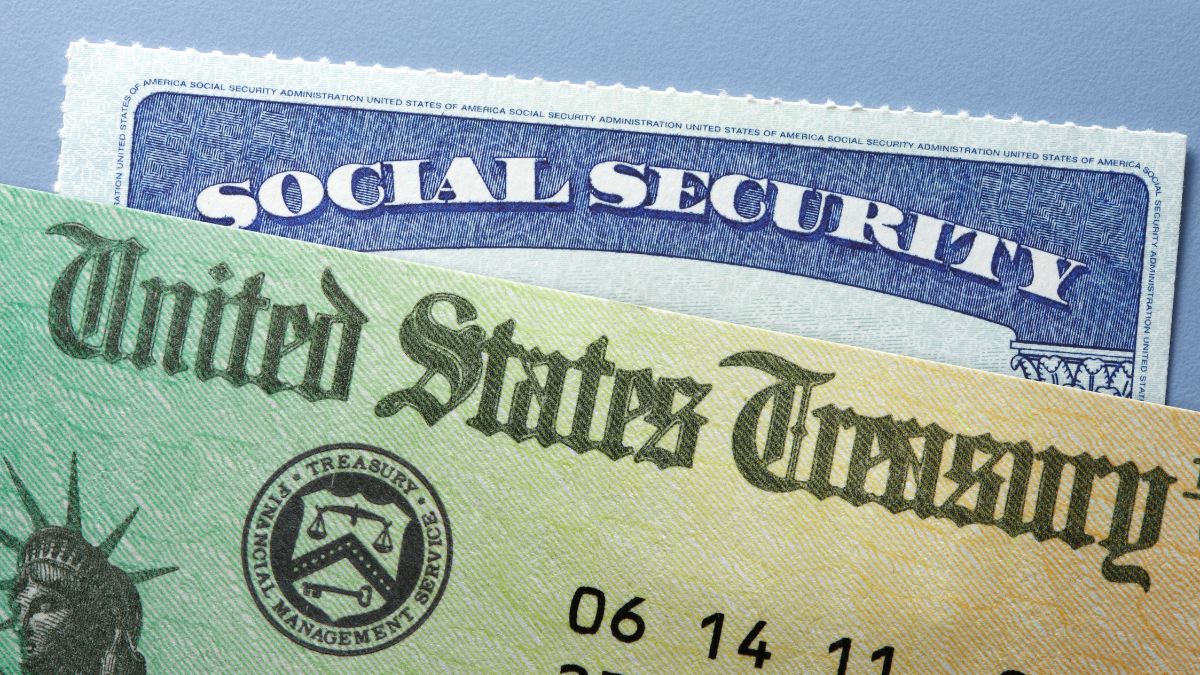DNY59/Getty
The holiday season is almost here, and some Social Security recipients are going to be getting an extra gift this year. That’s right, December people on Supplemental Security Income (SSI) will get two checks—one of which will reflect the 2.8 percent cost of living increase (COLA) that was announced earlier this year. Below, we share exactly when you can expect these payments, and if people on regular Social Security will also see this double payment come through in the month of December.
SSI is a government payment system that goes out to people with disabilities and/or older adults with little to no income or resources. It’s given out on the first of every month, and while that remains true for December benefits, January benefits will be disrupted.
That’s because if a monthly payment falls on a weekend or a federal holiday—in this case New Year’s Day—the Social Security Administration (SSA) will issue them early. So for January 2026, SSI recipients will see their payments come through on December 31, 2025, meaning they will receive two checks that month.
Nodar Chernishev/Getty
This also means that in January no SSI checks will be issued, so people who rely on that money should plan accordingly.
For the first check in December—which comes out on Monday, December 1—SSI recipients can expect the amount to be the same as it has been all year. Then, in the December 31 check, recipients can expect to see a 2.8 percent increase on their check amount, thanks to the COLA increase.
“Social Security is a promise kept, and the annual cost-of-living adjustment is one way we are working to make sure benefits reflect today’s economic realities and continue to provide a foundation of security,” Social Security Administration Commissioner Frank J. Bisignano said in a statement. “The cost-of-living adjustment is a vital part of how Social Security delivers on its mission.”
To calculate exactly how much you will get in 2026, all you need to do is multiply your current monthly payment amount by 0.028. While the increase is certainly good news, experts are warning that it might not be enough for people on SSI to properly fund their day-to-day lives.
“Even if your income goes up a few percent, inflation compounds quietly every year—working against you the same way compound interest works for you,” Kim Scouller, a financial professional with World Financial Group, told USA Today. “When prices rise faster than benefits, every dollar loses a bit of its power.”

